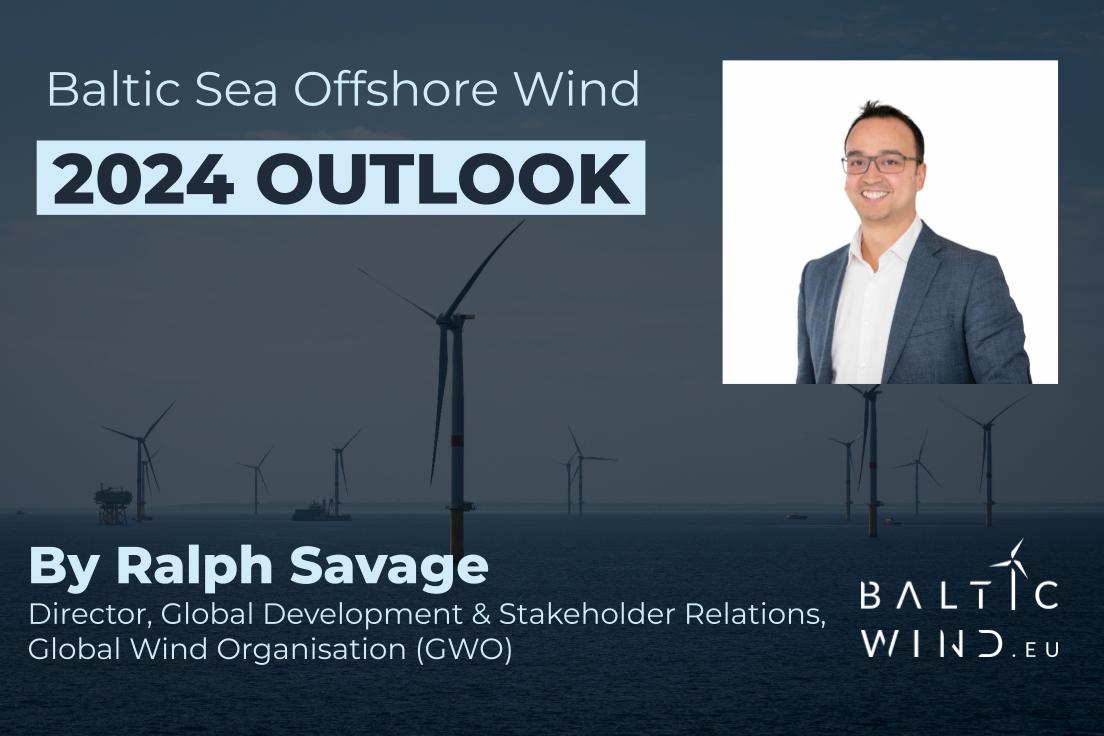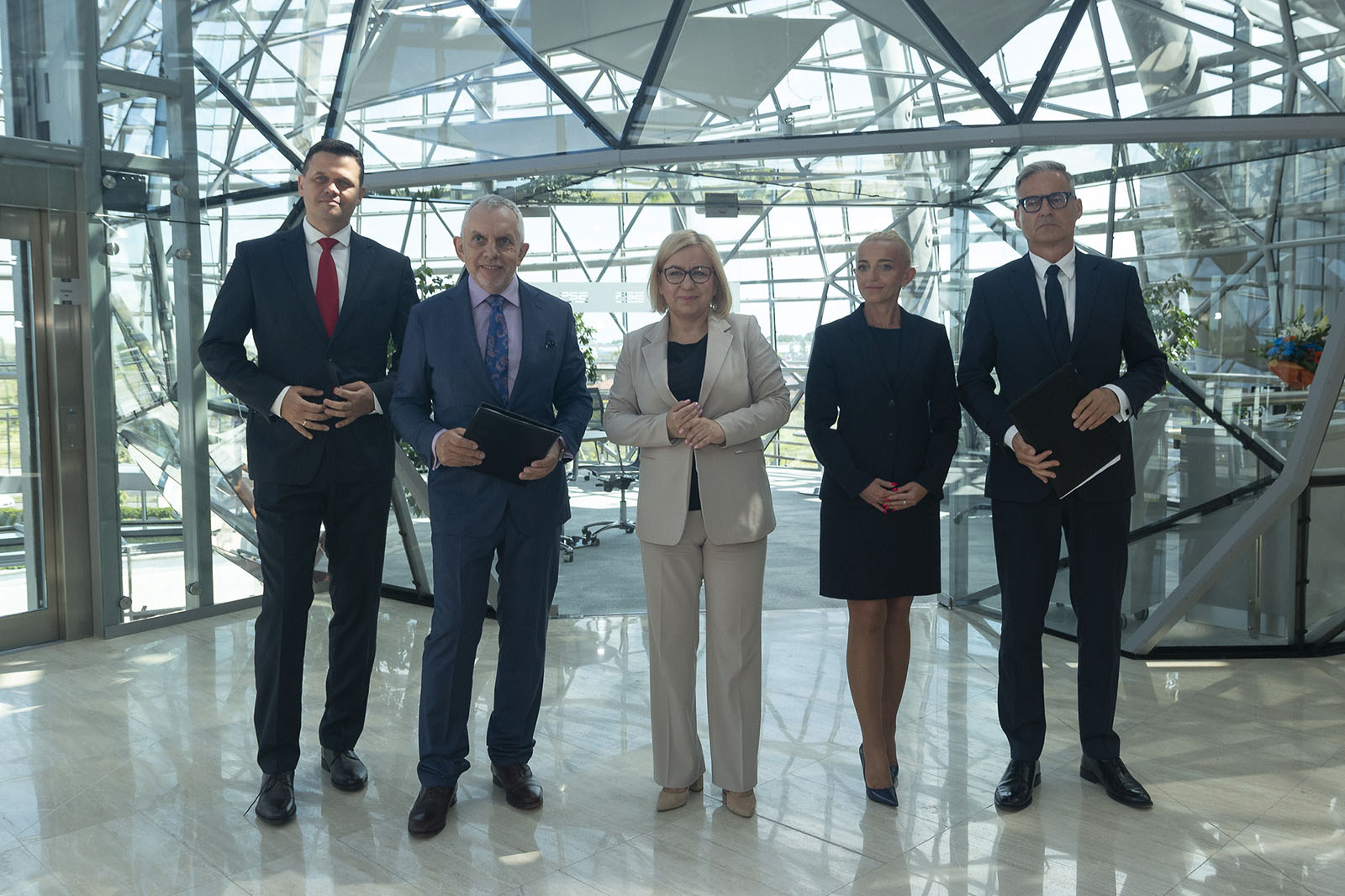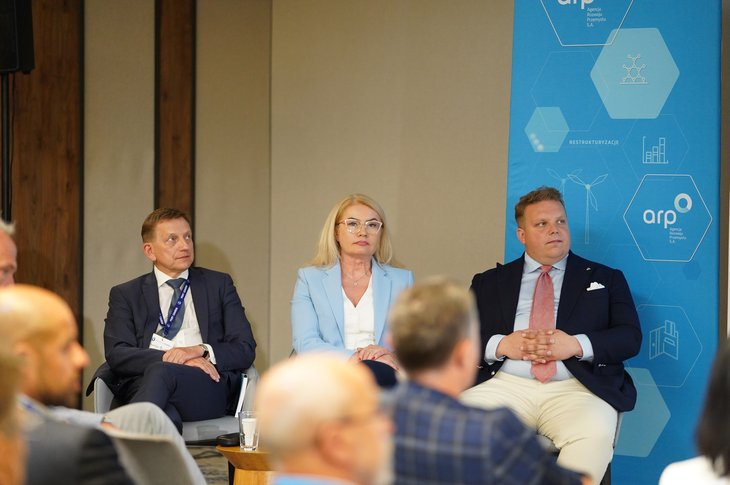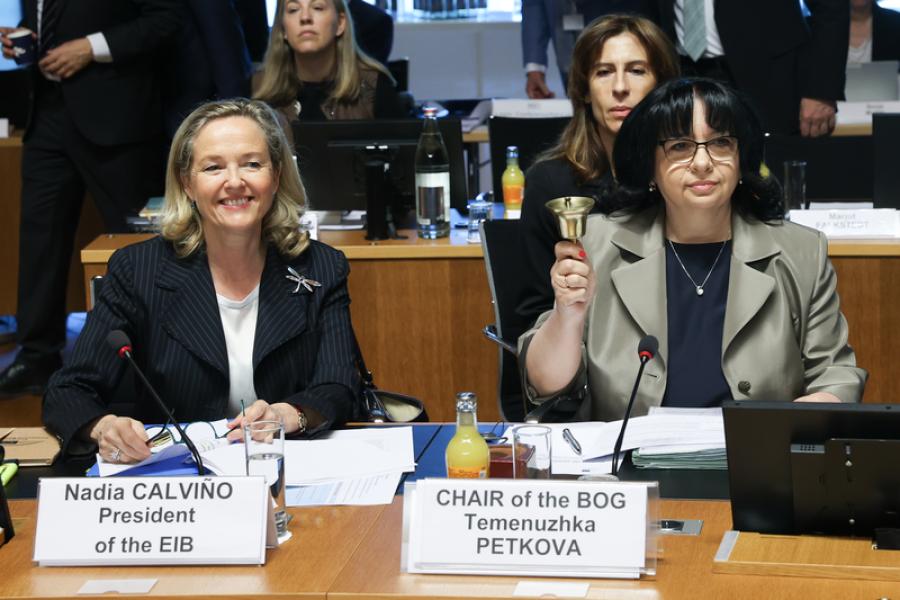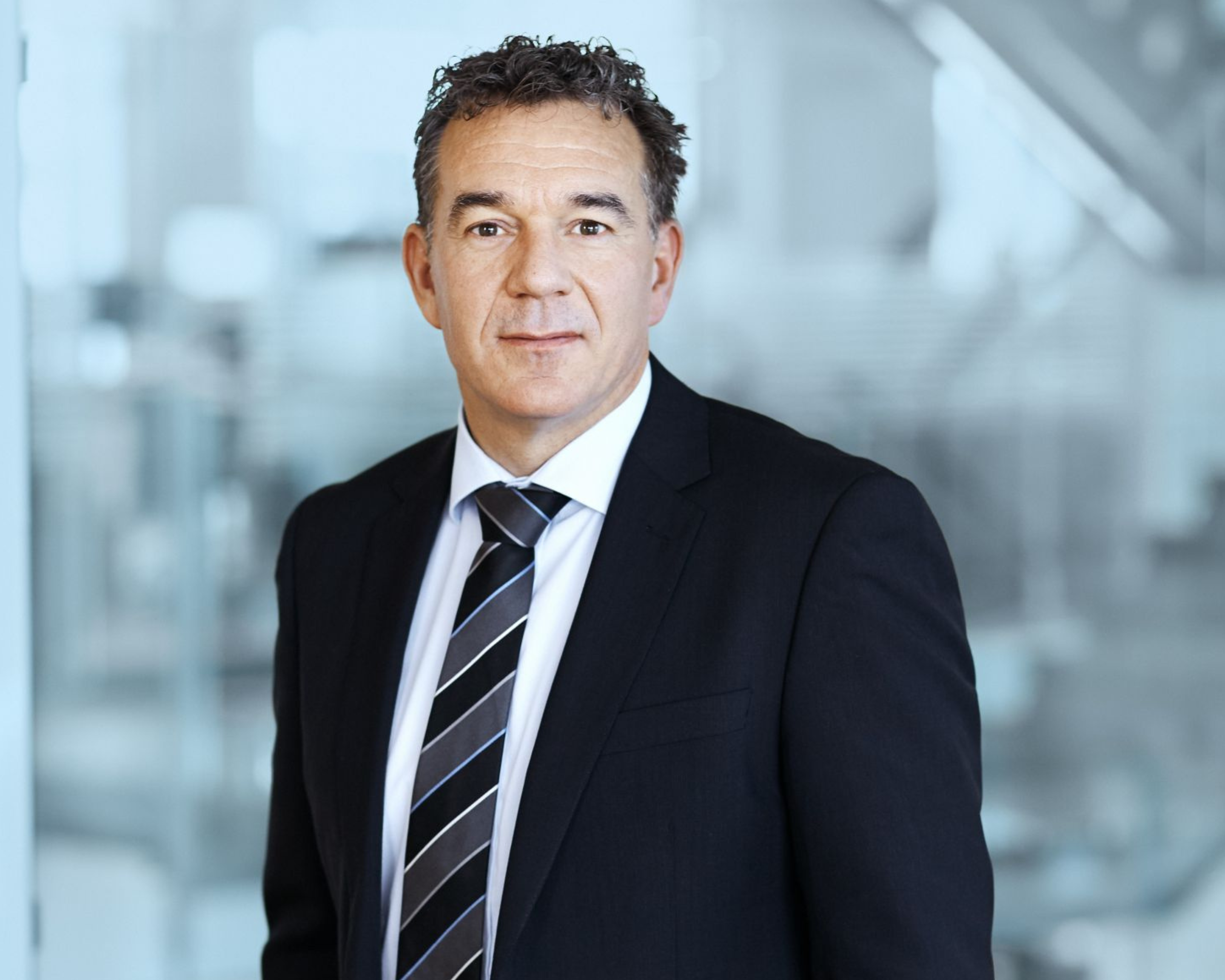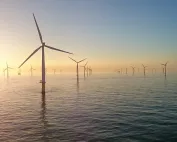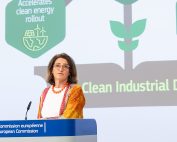BalticWind.EU asked industry leaders and key policy-makers for their assessment of what has been achieved in the past year and what the forecasts are for 2024. In today’s interview of the „Baltic Sea Offshore Wind – 2024 Outlook” series, we present the opinion of Ralph Savage , Director, Global Development & Stakeholder Relations, Global Wind Organisation (GWO).
What is the most significant development for the offshore wind in 2023?
Last year, our industry felt like it woke up to the workforce development challenge. Various initiatives have emerged, and we have been working hard to consult and coordinate with all of the relevant stakeholders. Examples include the European Wind Power Action Plan and its Large-Scale Skills Partnerships for Renewable Energy. The European Commission has promised to facilitate the launch of European net-zero industry skills academies – including one dedicated to the wind sector. This comes in the wake of other more targeted projects such as T-Shore and Flores, both EU funded, which are working to align further education programmes with industry specific training like GWO standards.
What are the most important challenges for offshore wind development in 2024?
We must ensure effective collaboration between policy makers, industry and public education so ambitious plans like the EC Large Scale Partnerships for Renewable Energy can take shape in the area of workforce development. Building upon the good work our sector has already achieved, standardizing training and defining job roles in construction, installation, operations and maintenance will be a priority.
What matters related to offshore wind energy will you particularly focus on in 2024?
Building deeper ties within industry and governments. Our workforce forecasts produced in collaboration with Global Wind Energy Council have become the go to metric for stakeholders looking for a reliable source of information about the number of people needed for the next five years of construction and installation. This needs to be understood within the context of job roles and pathways to employment so we can facilitate the energy transition safely.
